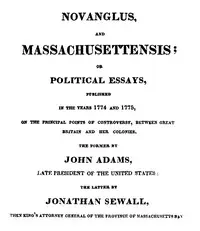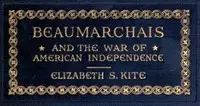"State of the Union Addresses" by Richard M. Nixon is a compilation of speeches from the early 1970s, showcasing Nixon's thoughts on America's direction during a turbulent time. The work focuses on Nixon's views and plans for home and abroad as the nation's 37th President. Set against the backdrop of the Vietnam War, the fight for civil rights, and money troubles, the collection reveals the problems facing the country. Kicking off with the January 22, 1970, speech, Nixon acknowledges the need to fix institutions to meet modern demands. He stresses the need for peace, especially in Vietnam, and proposes fresh approaches to foreign and domestic affairs, which he feels should mirror America's present situation. Pleading for bipartisan teamwork, Nixon spotlights key goals like fixing welfare, boosting the economy, preserving the environment, and lowering crime rates. His words strike an optimistic tone and act as a call to arms, urging Congress and the people to tackle old problems and set the stage for improvements.

State of the Union Addresses
By Richard M. (Richard Milhous) Nixon
During a period of upheaval, a president lays out his vision to guide a nation through war, social change, and economic uncertainty.
Summary
About the AuthorRichard Milhous Nixon was the 37th president of the United States, serving from 1969 until his resignation in 1974. A member of the Republican Party, he previously served as a representative and senator from California and as the 36th vice president from 1953 to 1961 under President Dwight D. Eisenhower. His presidency saw the reduction of U.S. involvement in the Vietnam War, détente with the Soviet Union and China, the Apollo 11 Moon landing, and the establishment of the Environmental Protection Agency and Occupational Safety and Health Administration. Nixon's second term ended early when he became the only U.S. president to resign from office, as a result of the Watergate scandal.
Richard Milhous Nixon was the 37th president of the United States, serving from 1969 until his resignation in 1974. A member of the Republican Party, he previously served as a representative and senator from California and as the 36th vice president from 1953 to 1961 under President Dwight D. Eisenhower. His presidency saw the reduction of U.S. involvement in the Vietnam War, détente with the Soviet Union and China, the Apollo 11 Moon landing, and the establishment of the Environmental Protection Agency and Occupational Safety and Health Administration. Nixon's second term ended early when he became the only U.S. president to resign from office, as a result of the Watergate scandal.














